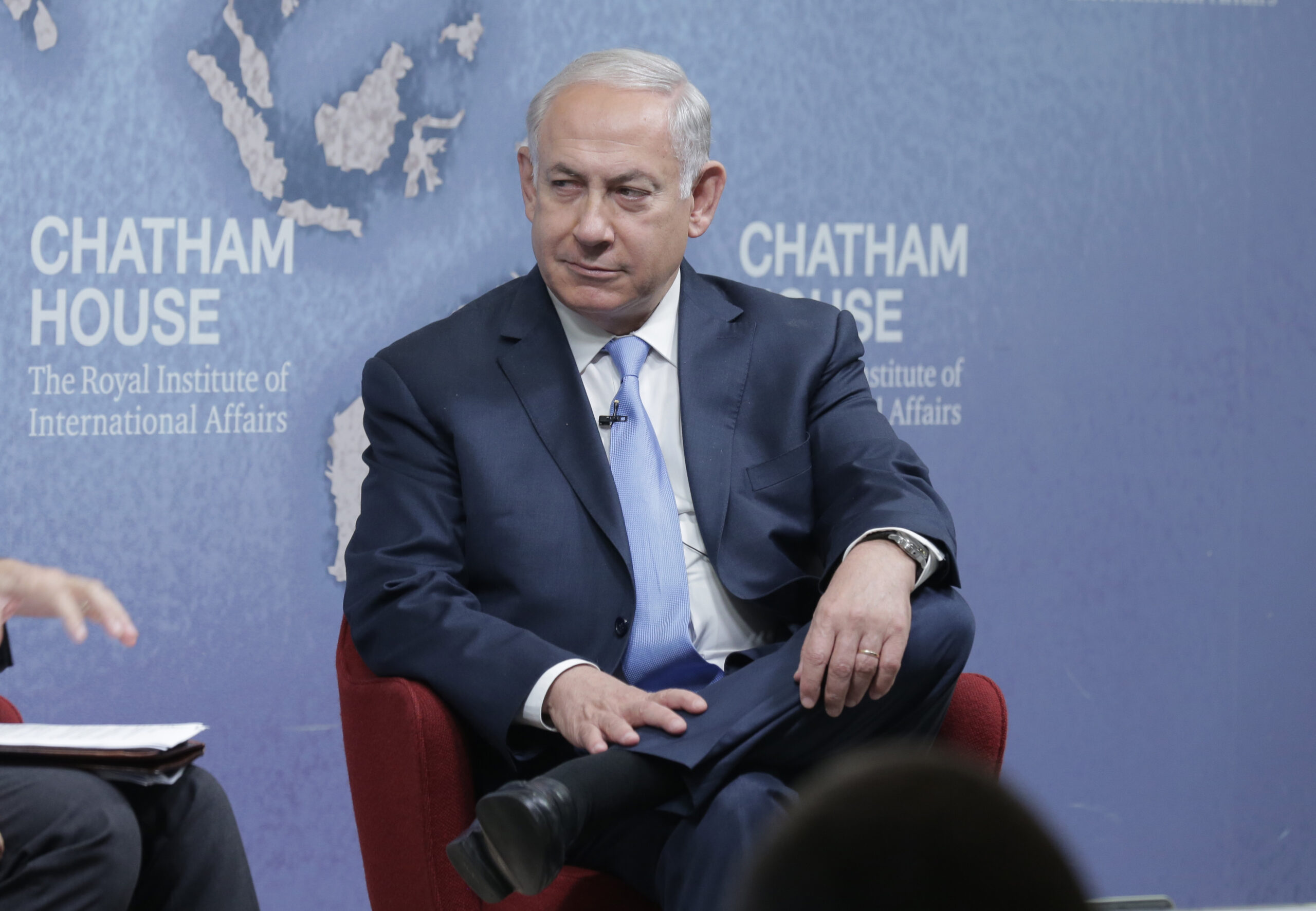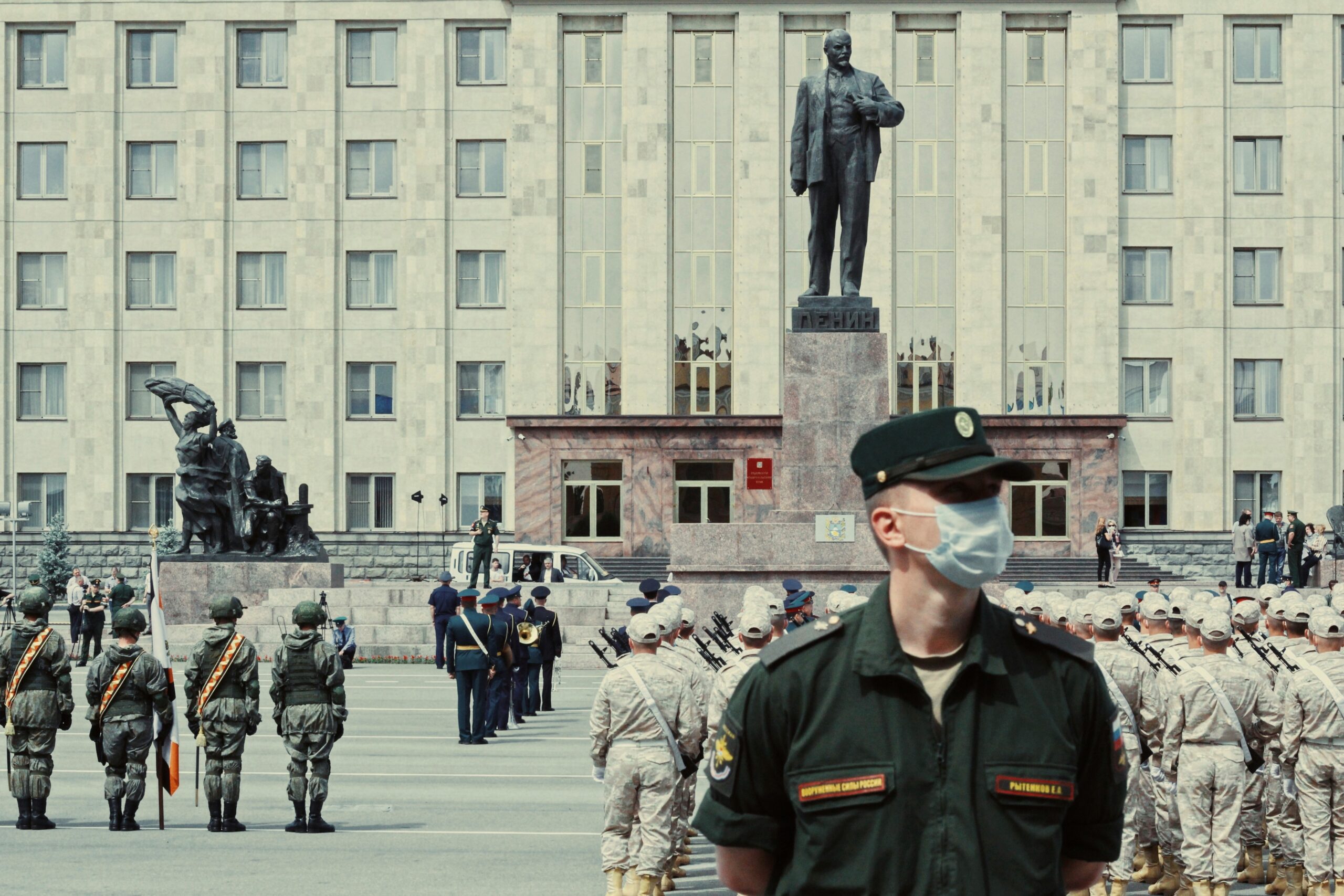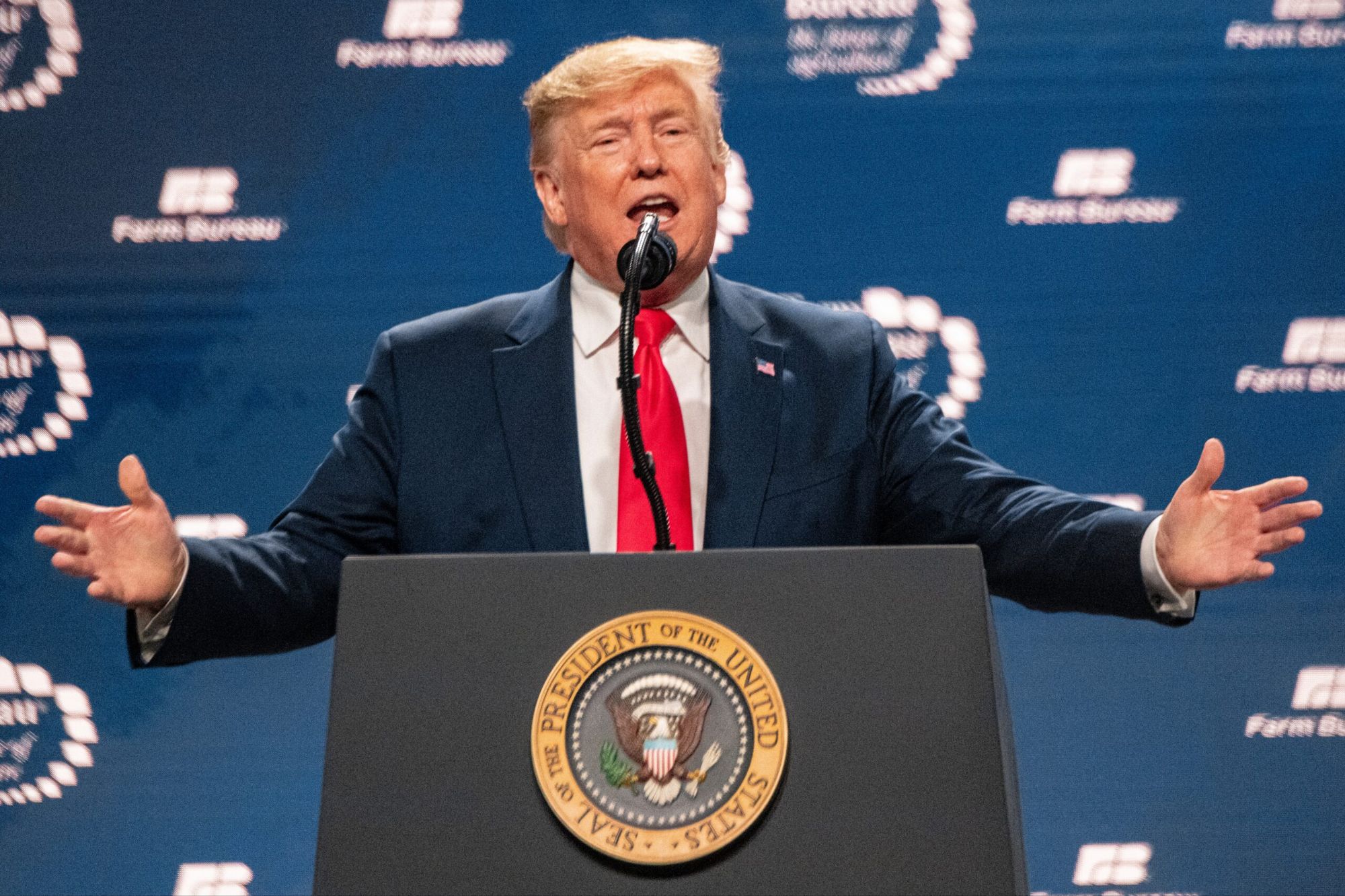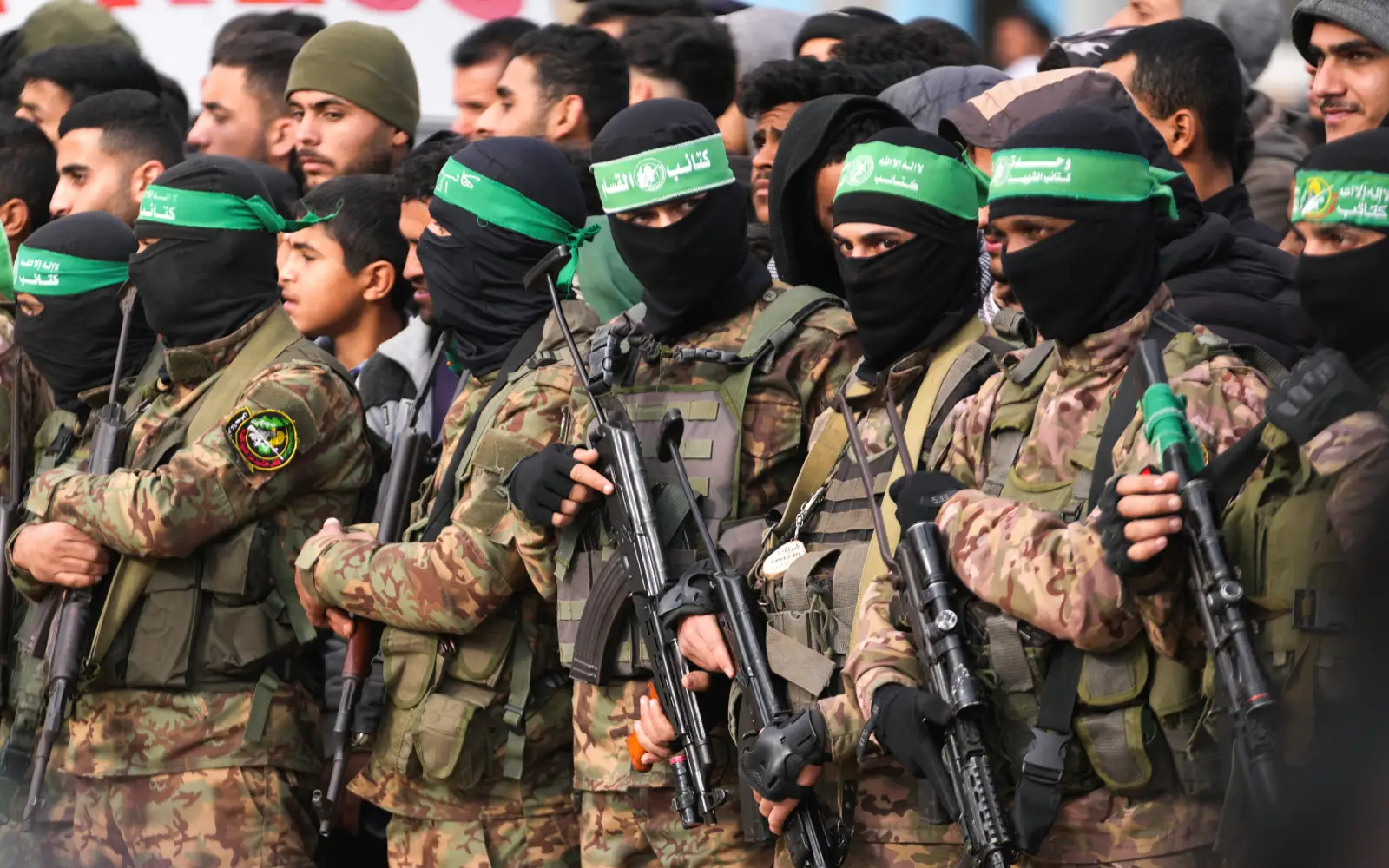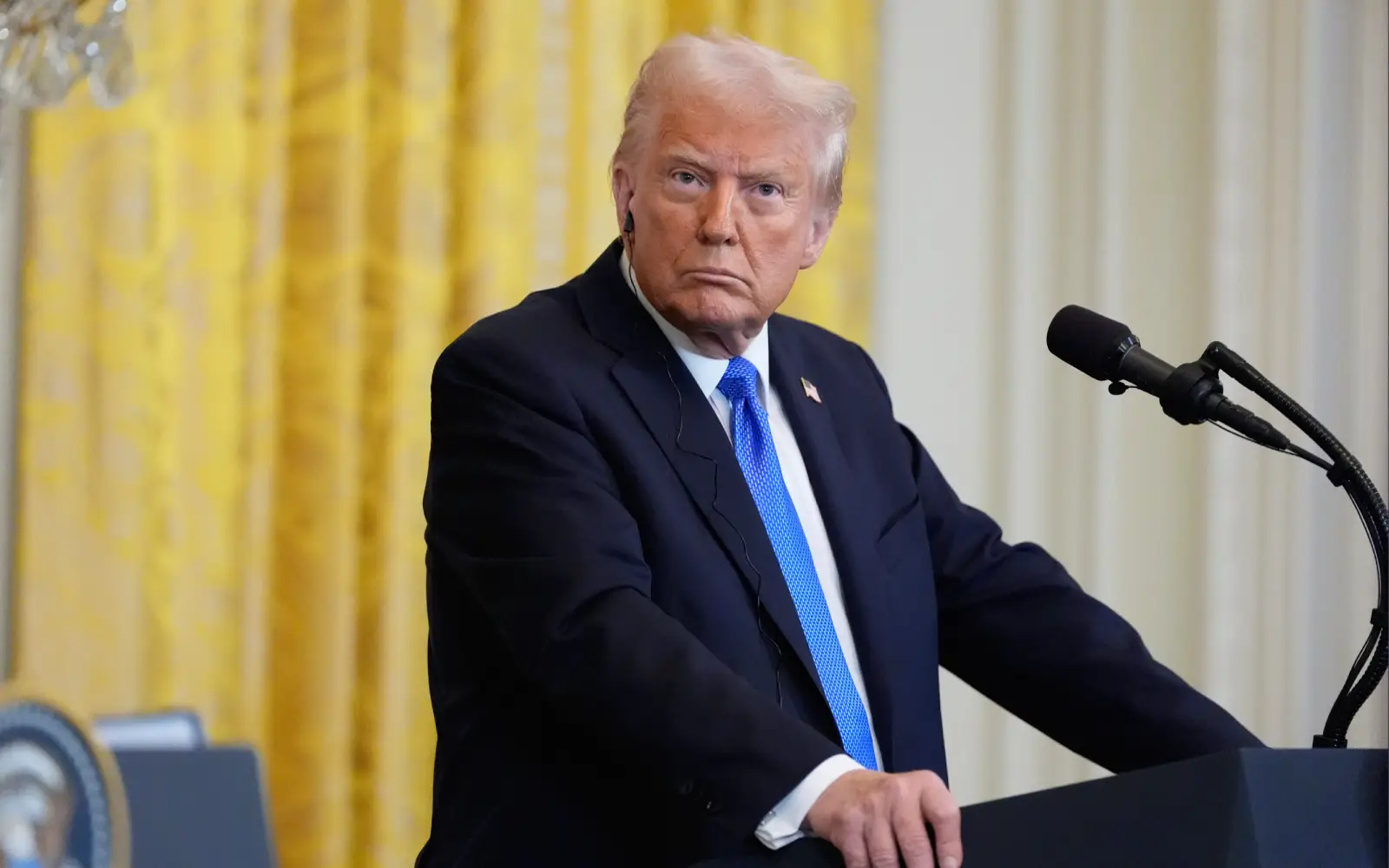Thousands of Irish students planning to travel to the United States this summer under the J1 visa program have been advised to tread carefully when it comes to political activism during their stay. The warning comes from multiple student organizations, government officials, and legal observers following an increase in U.S. immigration enforcement targeting foreign nationals involved in political demonstrations, particularly around the ongoing conflict in Gaza.
The Union of Students in Ireland (USI), which represents the interests of third-level students across the country, has publicly urged students to become familiar with the terms of their visas and to understand the risks associated with participating in protests or demonstrations while in the United States. Their statement follows a series of incidents in recent months where international students, some of them on J1 and F1 visas, were detained, had their visas revoked, or were deported for their involvement in political protests, most of them tied to pro-Palestinian causes.
The current climate in the U.S. has seen a sharp uptick in state-level crackdowns on campus activism, with several university administrators calling in police to dismantle protest encampments and discipline students. While the First Amendment protects free speech and assembly for U.S. citizens, those protections do not extend in the same way to foreign nationals. Visa holders are expected to abide not just by federal laws, but by the specific conditions tied to their immigration status, which often include prohibitions against unlawful assembly or any activity considered a threat to public order.
This distinction has not always been clear to students, particularly those who view protest as a democratic right they take for granted in Ireland. In recent weeks, the U.S. State Department has reportedly increased its monitoring of social media, particularly platforms like TikTok and Instagram, where videos of student-led protests have gone viral. Students have been questioned at airports, and in some cases, denied re-entry into the country after trips abroad due to their online support for controversial causes.
While the U.S. Embassy in Dublin has not issued an official advisory on the matter, Irish government officials have quietly urged caution. One official, speaking off the record to The Irish Times, said that they were aware of several incidents in which Irish students faced visa scrutiny due to activism. “We want to ensure students enjoy the cultural and professional opportunities that come with the J1 visa,” the source said, “but they also need to be aware that political engagement can have immigration consequences.”
This year, over 3,000 Irish students are expected to participate in the J1 program, which has long been seen as a rite of passage and an important cultural bridge between Ireland and the United States. Many students take up seasonal work in hospitality, tourism, and retail across popular destinations such as New York, San Francisco, and Chicago. The program is sponsored by designated U.S. organizations and requires host employers and students to adhere to a strict set of rules. Any breach, including an arrest or police report, can trigger a report to immigration authorities and jeopardize future visa applications.
Activism around the Israel-Palestine conflict has been particularly sensitive. Since October 2023, following the Israeli military operations in Gaza and widespread international condemnation, campuses across the U.S. have seen a wave of protests calling for university divestment from arms companies and Israeli institutions. Some demonstrations have led to violent clashes, arrests, and heightened political rhetoric, with conservative media and politicians portraying student protesters as radical or anti-American.
Several high-profile cases have already alarmed Irish and other international observers. In March, a group of British and Canadian students were detained and interrogated by ICE (Immigration and Customs Enforcement) after attending a rally in Washington, D.C. Though they were eventually released, their visas were revoked, and they were instructed to leave the country. A similar case involving two German exchange students in California made headlines when they were expelled from their university housing and forced to return home.
The USI has stopped short of advising students to avoid all political activity, but its guidance is clear: know your rights, understand your visa conditions, and consider the possible consequences of your actions. They have launched an informational campaign on social media, warning that even a social media post supporting a protest can be used as evidence by U.S. immigration officers. “We believe in the right to protest and the importance of student voices in global issues,” the USI said, “but that right is not universally protected abroad.”
For many Irish students, the idea of curbing political expression is deeply uncomfortable. Ireland has a long tradition of student activism, from campaigns for marriage equality to climate justice. The fear that engaging in similar efforts in the U.S. could result in deportation or a ten-year visa ban strikes at the heart of that tradition. One student, speaking anonymously to The Journal, said that while she had planned to attend a pro-Palestine march in Chicago, she was now reconsidering. “I support the cause, and I believe in speaking out,” she said, “but I can’t risk losing my visa or being arrested so far from home.”
This growing awareness has led to difficult decisions for many. Some have chosen to remain silent, avoiding social media posts or any form of public political expression. Others are seeking legal advice or turning to student networks for guidance. Meanwhile, U.S. advocacy groups have begun warning international students of the risks, encouraging them to participate in alternative forms of solidarity that are less likely to draw attention from law enforcement.
The broader implications of these developments are not lost on observers. Some see the trend as part of a wider erosion of civil liberties in the United States, where crackdowns on protest, book bans, and political policing are increasingly normalized. For Irish students hoping to spend a formative summer abroad, the message is becoming clearer: the land of the free does not guarantee freedom for all.
Author
Discover more from The Crustian Daily
Subscribe to get the latest posts sent to your email.


